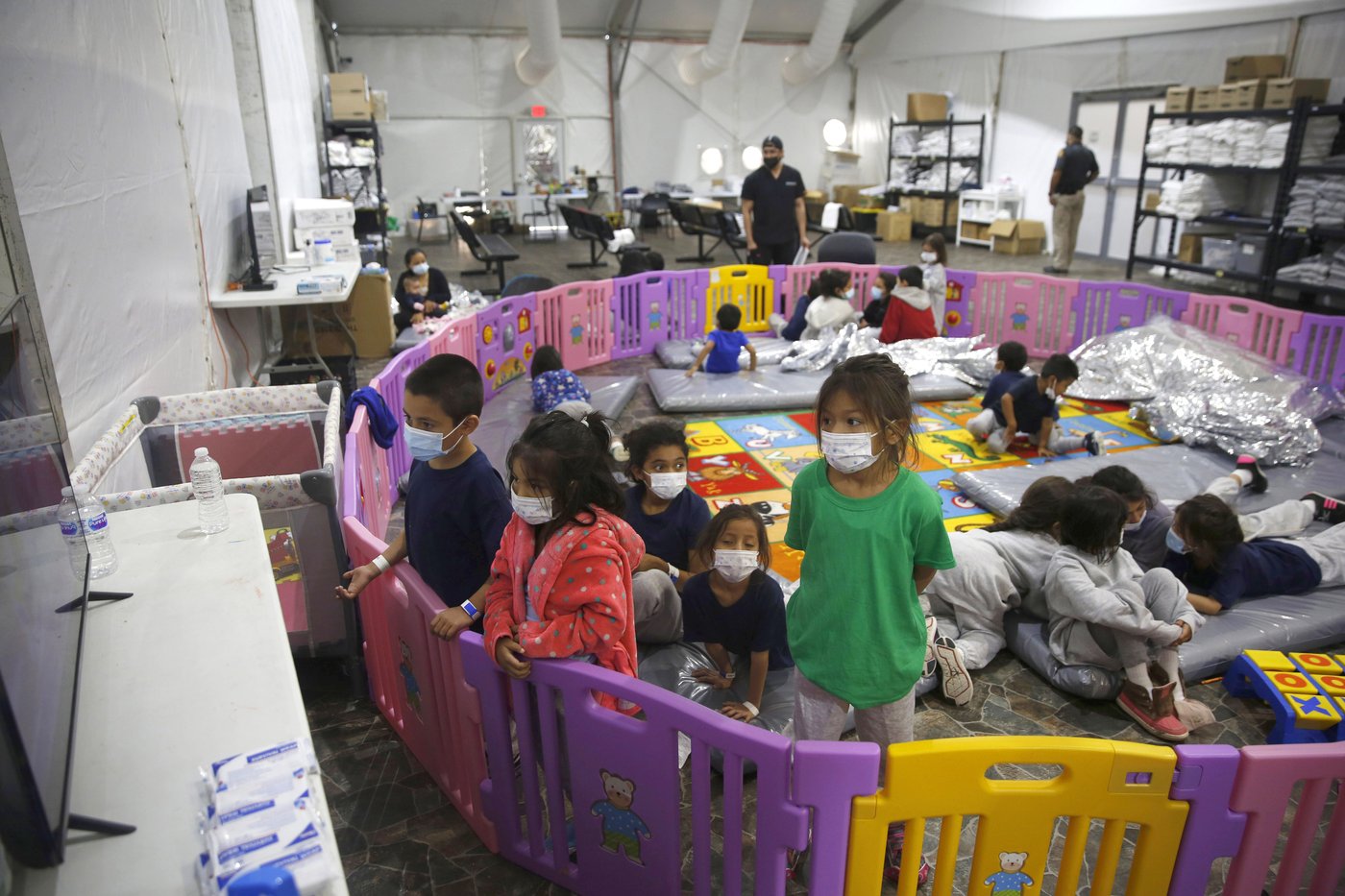Elevate your local knowledge
Sign up for the iNFOnews newsletter today!
Sign up for the iNFOnews newsletter today!
Selecting your primary region ensures you get the stories that matter to you first.

WASHINGTON (AP) — A federal judge said Monday that the U.S. Office of Refugee Resettlement must reconsider the cases of some migrant children who have been stuck in government custody since the Trump administration changed the identification requirements for would-be family sponsors.
The opinion from U.S. District Judge Dabney Friedrich in Washington, D.C., found that the Trump administration’s more stringent regulations caused undue delays for the children and the parents and adult siblings who were hoping to bring the kids into their homes.
The White House did not immediately respond to a request for comment.
“The ruling sends a clear and necessary message: the government cannot trap children in detention simply because their families lack specific documents or legal status,” said Skye Perryman, president and CEO of Democracy Forward, a legal advocacy firm representing some of the migrant children. “The court’s decision is not only a step toward reuniting families — it pushes back against a broader effort to erode long-standing legal protections for children.”
Under the Trump rules, migrant children have stayed in shelters for an average of 217 days before being released to family members, according to data from the Health and Human Services Department’s Office of Refugee Resettlement. During the Biden administration, migrant children spent an average of 35 days in shelters before being released to sponsors.
The Trump administration says adult sponsors who took in migrant children were not always properly vetted, placing some of the children at risk of abuse or exploitation. The new regulations include DNA testing and income verification. They also prohibit sponsor applicants from using foreign passports and documents from other countries to prove identity.
Friedrich said there’s a compelling reason for the rule changes — an ORR report in 2023 found multiple instances of fraud, including 10 occasions where children were released to sponsors with falsified documents.
Still, the judge wrote, there wasn’t any advance notice given of the changes, and many of the children in government custody arrived in the United States with the expectation that they had family members and friends who could sponsor them. If they had been aware of the changes, they might not have entered the U.S., the judge wrote.
One child who had already been released to live with his sister for two years under the old requirements was taken back into custody after driving without a license. Now, under the new rules, he is stuck in government custody without a potential sponsor, the judge noted.
It’s likely that the Office of Refugee Resettlement “acted arbitrarily and capriciously by not providing adequate justification for its new sponsor documentation requirements,” Friedrich wrote. He said the agency wasn’t obligated to approve any particular sponsor or to release any individual child, but it cannot create a new blanket policy without explaining how it weighed the disrupted interests of the families and children against other valid concerns.
Want to share your thoughts, add context, or connect with others in your community?
You must be logged in to post a comment.